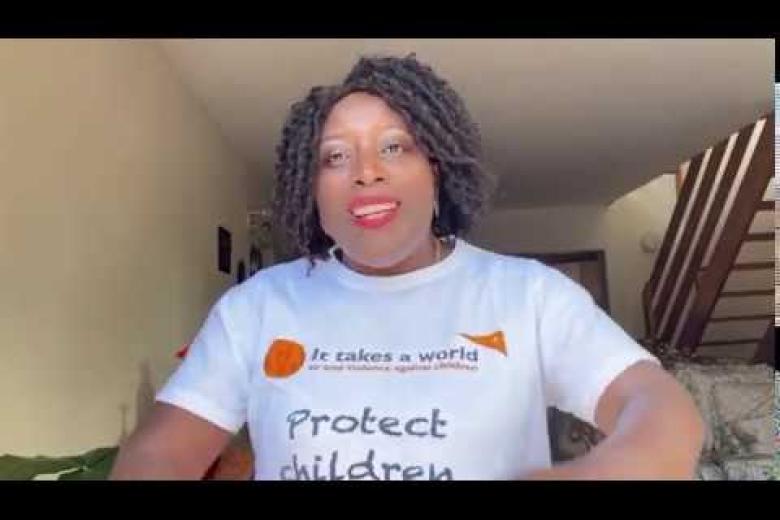We still need to state the obvious… equality matters
By Barbara Kalima-Phiri, WVI Gender and Social Inclusion Senior Advisor
I am Generation Equality. Every day, I spend my life trying to realise women’s rights. As a young girl growing up in Zambia, in a small town called Kabwe, formerly known as the Broken Hill Town, I saw many girls my age being married off; others including myself were beaten for not doing household chores. My own grandmother was married at the age of 12. One day, when she came back from boarding school, she was told she would not go back to school because there was a man (about 40 years old) in the village who was interested in being her husband. “Marrying her off will bring income to the family,” the elders in the village said. She was forced into early marriage and missed out on an education, and the opportunity of a better future.
My grandmother’s story is not unique. Despite some progress in gender equality, real change has been agonisingly slow for the majority of women and girls in the world. According to the UN’s SDG Gender Index, there is no single country on track to make the UN’s target for gender equality by 2030. Countries are not doing enough to improve the lives of women and girls. Multiple obstacles remain unchanged in law and in culture. Legal restrictions have kept 2.7 billion women from accessing the same choice of jobs as men. Women and girls continue to be undervalued; they work more, earn less, and have fewer choices; and 1 in 3 women experience gender-based violence, at home and in public spaces.
My grandmother’s story, and those of the girls and women I now work with around the world, drive me to continue to fight for equality. Through World Vision’s It takes a world to end violence against children campaign, launched in 2017 and active in 75 countries, we are trying to significantly improve the lives of millions of girls and boys by contributing to ending all forms of violence against them, in line with the Sustainable Development Goals (SDGs)[1] and the United Nations Convention on the Rights of the Child.
While this is a universal challenge from which no community or country is immune, our campaign places a strong focus on protecting the most vulnerable children living in the most difficult places.
At World Vision, we believe that:
WHEN
-
opportunities, resources and choices are available to women and girls, men and boys, people with disabilities, and other vulnerable groups, allowing them equal access to power, decision-making, and participation
-
systems that are fair and inclusive; and ensuring their lives are safeguarded and protected from harm
THEN
-
all individuals are empowered to achieve full potential, voice and agency
-
households have equity, fairness, transformed relationships and shared responsibility
-
communities engage in collective action, mobilisation, and resilience
-
societies establish transformational systems change.
This year provides us with an unmissable opportunity to mobilise global action to achieve gender equality and human rights for all women and girls including children living with disabilities.
Let's build a gender-equal world where we can actively challenge stereotypes, fight bias, broaden perceptions, improve situations and celebrate women's and girls’ achievements. Let’s make 2020 and beyond count for women and girls, everywhere. Let's be #EachforEqual.
[1] 16.2 End abuse, exploitation, trafficking, and all forms of violence against and torture of children; 5.2 Eliminate all forms of violence against all women and girls in the public and private spheres, including trafficking and sexual and other types of exploitation; 5.3 Eliminate all harmful practices, such as child, early, and forced marriage and female genital mutilation; 8.7 Take immediate and effective measures to eradicate forced labour, end modern slavery and human trafficking, and secure the prohibition and elimination of the worst forms of child labour, including recruitment and use of child soldiers, and by 2025 end child labour in all its forms; 4.7 By 2030, ensure that all learners acquire the knowledge and skills needed to promote[..] a culture of peace and non-violence [..]; 4.A Build and upgrade education facilities that... provide safe, non-violent, inclusive, and effective learning environments for all. Source: https://sustainabledevelopment.un.org/sdgs
